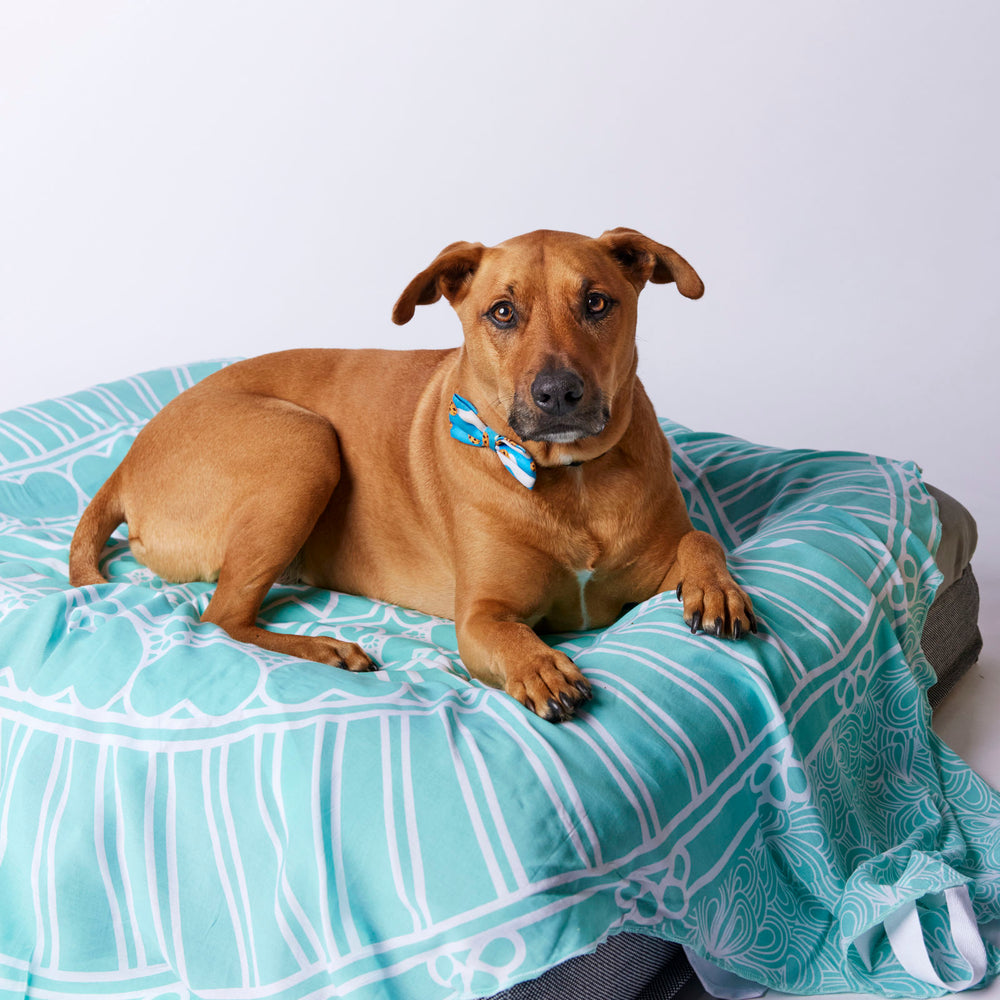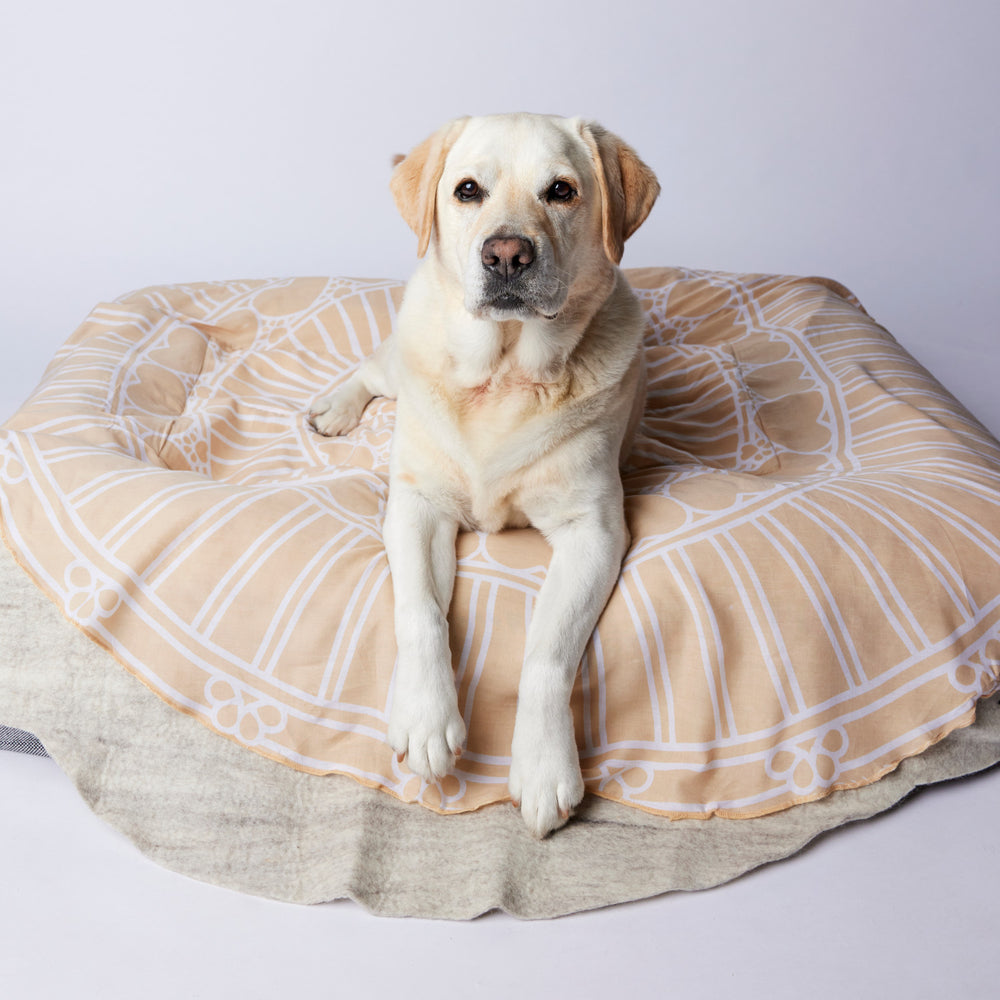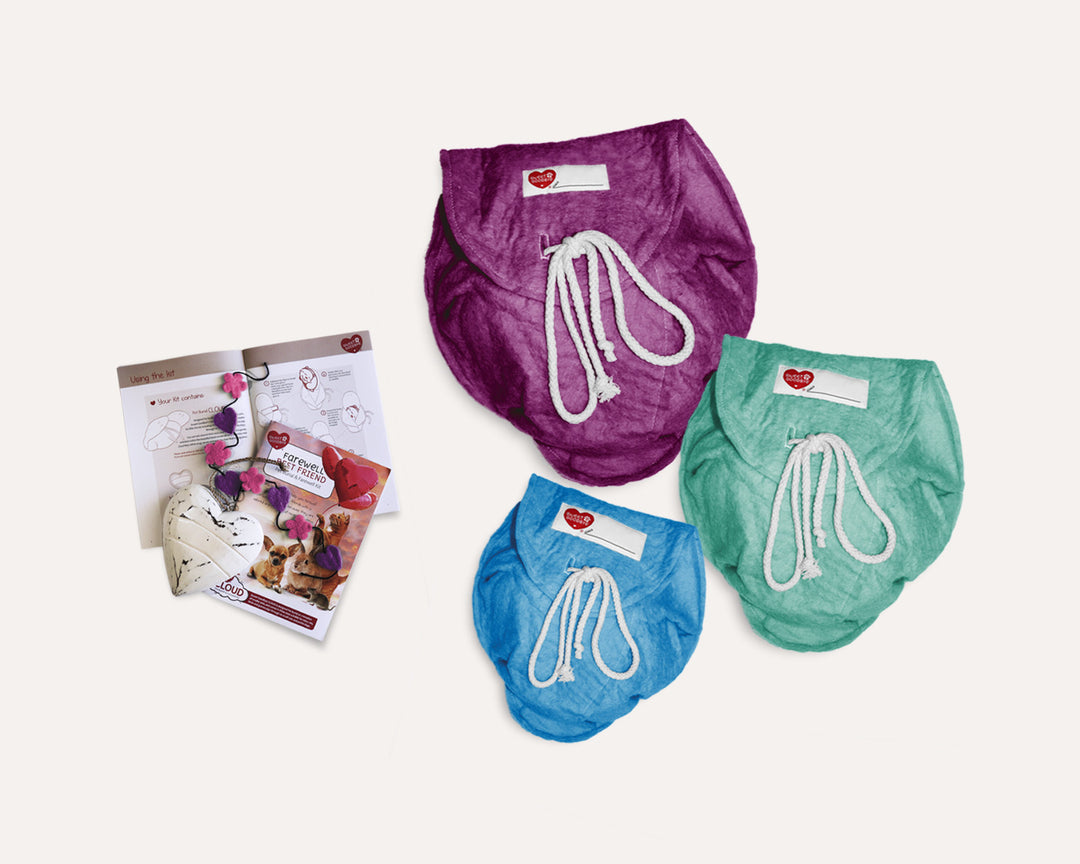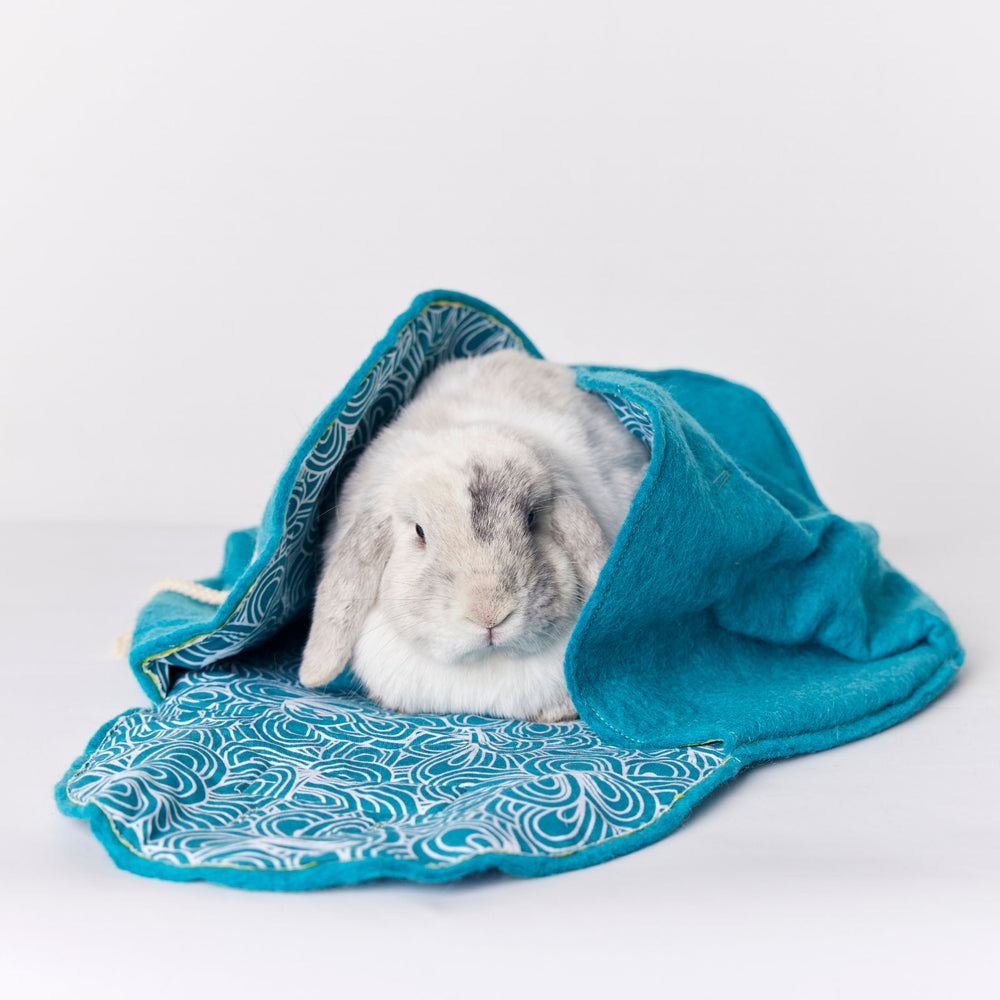Understanding Old Dog Syndrome

You may have noticed that your elderly dog has been a bit off lately. Maybe they're showing signs of forgetfulness and confusion or perhaps they are not as energetic as they used to be.
There is a very good chance your senior pup is experiencing what is commonly known as “ Old Dog Syndrome”.
Before you start to worry, every senior dog is likely to experience this is some form or another, so let’s break it down so you know what to expect and some things you can do to make the experience less distressing.
What is Old Dog Syndrome?
Not to be confused with Old Dog Vestibular Syndrome, Old Dog Syndrome is effectively the equivalent of ageing gracefully but with a few oddities thrown in!
As dogs grow older things change at a cellular level affecting the chemical messengers (neurotransmitters) and brain function. These changes often lead to a decline in cognitive functions, memory learning and problem- solving skills.
Officially it is known as Canine Cognitive Dysfunction (CCD) and it encompasses a range of behavioural changes in our senior dogs, much like humans behave when they have dementia.
Signs and Symptoms:
You don’t need to be a vet to recognise Old Dog Syndrome, but you do need to be regularly observing your senior pet and have a lot of patience.
Here are a few of the tell-tale signs:
- Forgetfulness – is your dog suddenly forgetting where they left their favourite toy? Do they have problems finding their way to their water and food dishes? Do they wander aimlessly around the house or look disorientated?
- Altered sleep patterns – have you noticed your dog isn’t the guard dog they used to be, maybe even sleeping through those sudden sounds during the night? Or maybe you find them unable to settle down at night – pacing around the house at odd hours?
- Changes in appetite – has your normally food loving dog started to turn their nose up at mealtime? Conversely, have they begun raiding the pantry like they haven’t been fed for days?
- Indoor accidents – accidents happen, but if you find accidental puddles on the floor are becoming more frequent, it may be a red flag.
- Increased irritability – are you finding your pet pooch is becoming a cranky old man or grumpy old woman? Perhaps they are even barking at shadows? CCD can make you normally easy-going dogs more irritable and anxious than normal.
What can pet parents do?
By now you have probably identified some of these signs in your senior dog - putting two and two together you are realising that perhaps they have Old Dog Syndrome. How can we help our senior dogs navigate this time of their life with grace and dignity?
- Establish a routine – like older humans, senior dogs thrive on routine. Keep meal times, walks and other regular activities consistent to help ease their anxiety.
- Veterinary Care – your vet is the best source of resources and reassurance. They may also recommend medication and supplements that may reduce symptoms and improve your dog’s quality of life.
- Physical exercise – regular exercise is crucial in maintaining mobility and cognitive functions. Adjust the intensity and duration of the exercise to suit your dogs age and physical condition. Low impact games, gentle walks and swimming can help keep your dog in top shape.
- Adjust their diet –we should be adjusting our senior dog’s food intake and tailoring their meals to meet the changes in nutritional needs. Including omega-3 fatty acids and antioxidants will assist in maintaining their cognitive functions.
- Mental stimulation – who said you can’t teach an old dog new tricks! Keeping our senior dogs’ minds engaged with interactive toys, scent games and simple training exercises will not only strengthen the bond between you both, but they will also keep the brain active.
- Environmental stimulation – rotating toys around, arrange new play dates with dog friends and exploring new walking routes will introduce new sights, smells and sounds - keeping things interesting for your senior dog.
- Quality time together - whether its cuddling on the couch, enjoying a leisurely stroll or a drive in the car, make it a priority to spend quality time together . These moments of connection are priceless.
But the most important thing is to be patient and understanding. Like humans, dogs struggle to navigate the challenges of ageing - there will be many ups and down along the journey. It is essential to be prepared, to adapt when required and share your compassion and unconditional love. Together you can work through Old Dog Syndrome with grace plenty of belly rubs!









